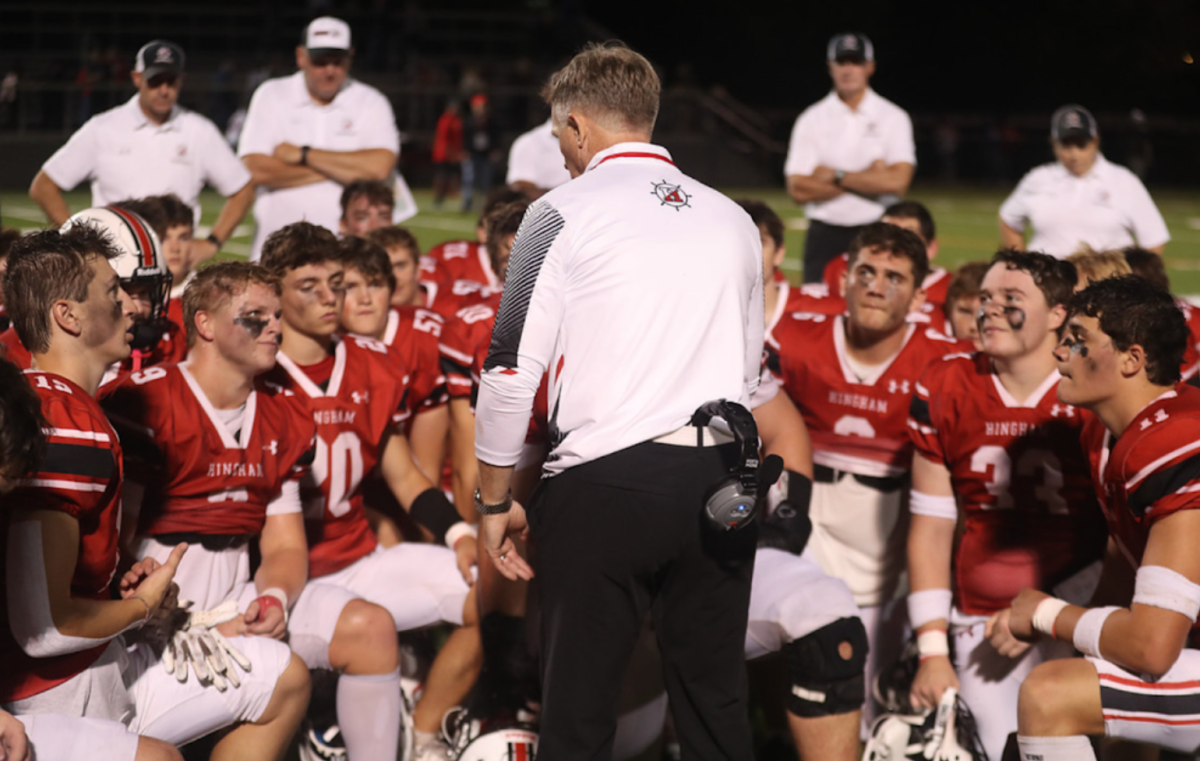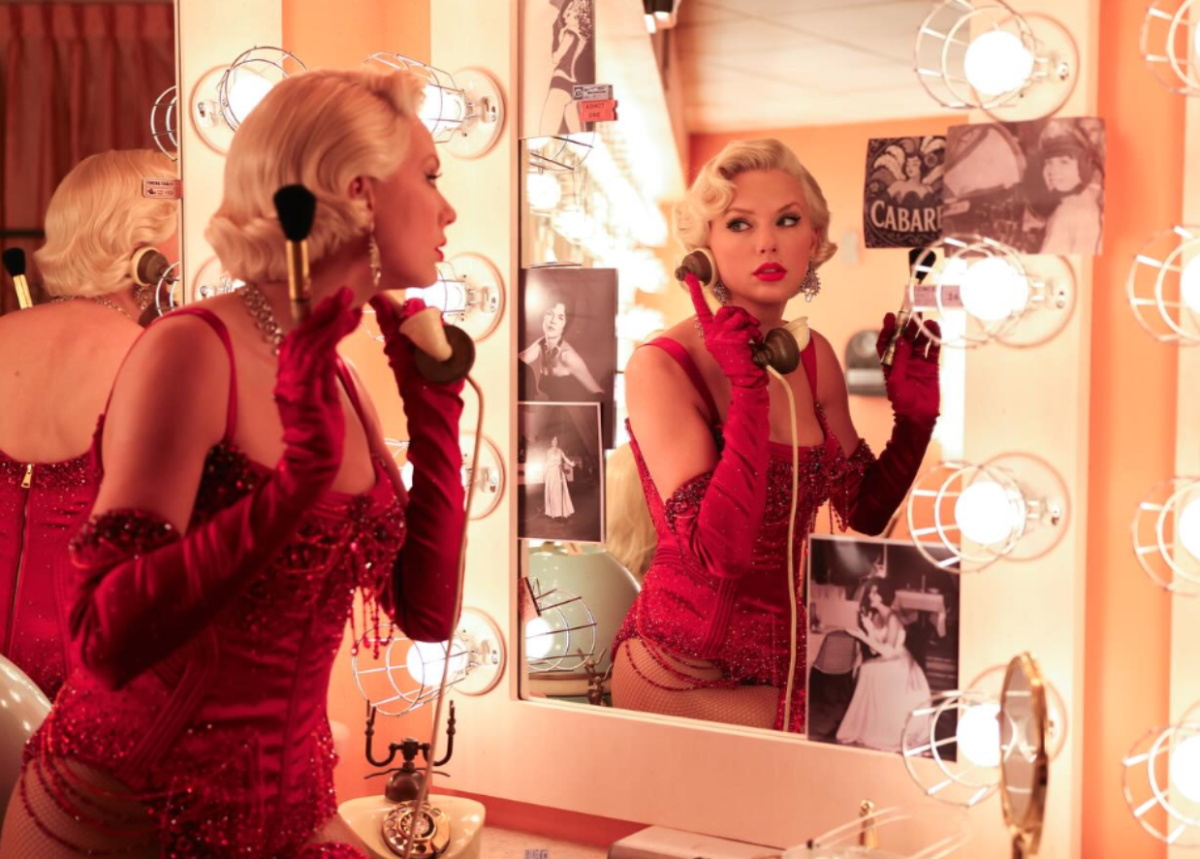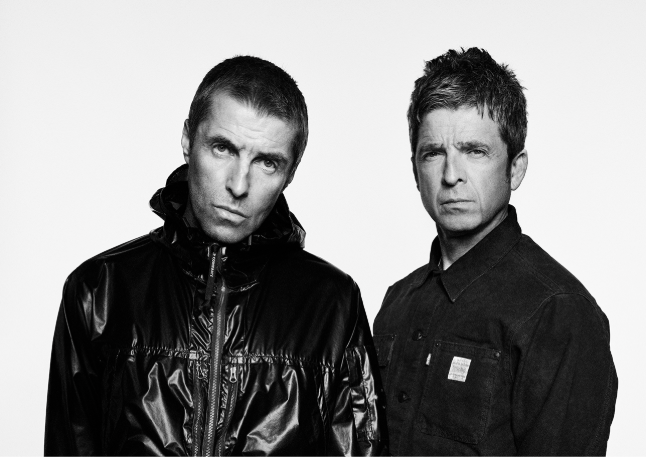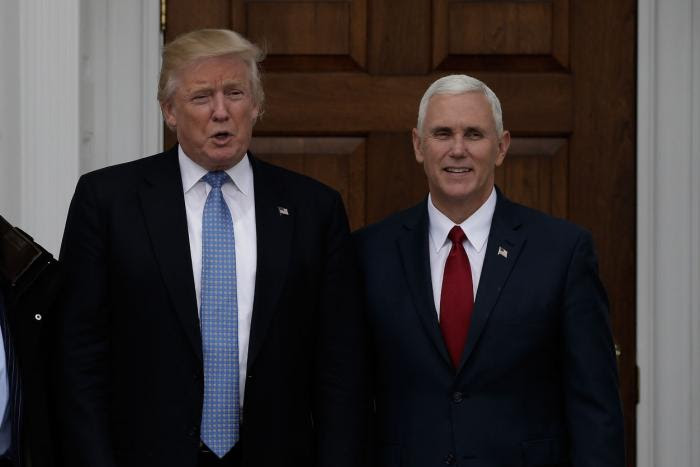The Early Formation of Trump’s Administration
November 27, 2016
Whether or not you personally support the outcome of the election, the votes have been counted. Despite your feelings, we must acknowledge the truth, educate ourselves on our future, and try to do as much as we can to control and better it for all Americans.
President-elect Trump already started appointing new people to the plethora of available administrative positions. Over Thanksgiving weekend, Trump and his team continued working on finding new candidates. Thus far, this team decided on the new National Security Adviser, White House Chief of Staff, Chief Strategist, C.I.A. Director, U.N. Ambassador, Attorney General, Education Secretary, Housing and Urban Development Secretary, and Commerce Secretary. As of now, only the National Security Adviser, White House Chief of Staff, and Chief Strategist positions are definite. The other six positions are pending on confirmation from the Senate.
The National Security Adviser’s job is essentially to be a gatekeeper for policy proposals coming from the State Department, Pentagon, or any other government agency. Due to president-elect Trump’s lack of governmental experience, this position is ever more crucial. The chosen National Security Advisor is Michael T. Flynn. Flynn actively supported Trump throughout the entirety of Trump’s campaign. Prior to this, Flynn served in the army as a lieutenant general and is also former director of the Defense Intelligence Agency. Similar to Trump, he is extremely outspoken when it comes to his views on ISIS and Islamic military.
The White House Chief of Staff manages and advises numerous crucial functions of the White House. Among the responsibilities of the Chief of Staff are selecting as well as supervising staff members, overseeing who acquires access to the Oval Office and the president, controlling the flow of communication and information to and from the president, and negotiating with other political groups in order to steer the president’s agenda. Once again, due to Trump’s lack of political experience, the Chief of Staff holds a critical position because Trump has very few connections in Washington as of yet. The man Trump and his team chose for this job is Reince Priebus, the chairman of the Republican National Committee. In response to being appointed, Preibus announced, “I am very grateful to the President-elect for this opportunity to serve him and this nation as we work to create an economy that works for everyone, secure our borders, repeal and replace Obamacare and destroy radical Islamic terrorism. He will be a great President for all Americans.”
Trump and his team also considered Stephen K. Bannon for Chief of Staff, but the President-elect ultimately appointed Bannon as Chief Strategist and senior counselor in the White House. The job of the Chief Strategist is unlike the positions of chief of staff or secretary of state. Overall, this particular role is not well-defined, or necessarily required. Relatively, this role is new to the White House, and it most likely dates back to President Franklin Roosevelt’s aide Louis Howe. In the past, this role placed more focus on the relationship with the president as well as the relationship of the president with the people as opposed to administrative duties. It is likely that the Chief Strategist will be key in Trump’s approach to the media and in maintaining Trump’s presidential branding. But Trump said that Bannon and Priebus would be “working as equal partners” in the administration which is not typically seen with this role. Bannon is a right-wing media executive as well as the former chairman of Trump’s campaign. Trump’s decision to appoint Bannon has caused an upset among many, as it is common belief that Bannon represents racist views.
While the roles of C.I.A. Director, U.N. Ambassador, Attorney General, Education Secretary, Housing and Urban Development Secretary, and Commerce Secretary have not yet been confirmed by the Senate, it is important to know who President-elect Trump has chosen.
The C.I.A. Director holds the significant role of overseeing the C.I.A., or Central Intelligence Agency. The new C.I.A. Director will assume this position at a rather complex time in regards to American security; therefore, the director must decide to either sustain or overturn a C.I.A. “modernization” plan put in place earlier this year by Director John O. Brennan. The new C.I.A. Director will need to deal with overseas threats and how Trump handles these threats as well. The chosen, yet not confirmed, C.I.A. Director is Mike Pompeo, a Representative of Kansas and a retired Army officer. Pompeo is a member of the House Intelligence Committee and, like Trump, he heavily critiqued Hillary Clinton’s work during the congressional investigation surrounding the attack on the American diplomatic compound in Benghazi, Libya in 2012.
Next to the secretary of state, the United States ambassador to the United Nations assumes the responsibility of presenting the true America to the world. The U.N. Ambassador must demonstrate America’s interests at the Security Council on a range of issues, stretching from Middle Eastern peace to nuclear proliferation. The woman selected by Trump and his team for this position is Nikki R. Haley, the Governor of South Carolina. Haley was born to two Indian immigrants and both prominently and frequently critiqued Trump during the earliest stages of his campaign.
The Attorney General is another significant role in United States federal administration. This person represents America’s most important law enforcement official. The Attorney General holds the power when it comes to carrying out Trump’s promises in regards to law and order and can change the way the government enforces civil rights laws. The president-elect decided on Jeff Sessions, the Senator of Alabama. Sessions strongly believes in the strict enforcement of immigration laws, a reduction of spending, and the implementation of tough-on-crime measures. In 1986 Sessions was nominated for a federal judgeship, but was ultimately rejected because of his inappropriate racial comments and actions, which will prove an issue as he continues on the journey of receiving the Senate’s confirmation.
The Education Secretary has also been selected. Although, Trump stated that he plans to drastically decrease the size of the Education Department and place more focus on curriculum research and providing education aide to state and local governments. Regardless, the woman he appointed is Besty DeVos. DeVos is a former chairman of the Michigan Republican Party, as well as an education activist who strongly and passionately supports school choice.
The Housing and Urban Development Secretary is one political component that President-elect Trump is quite attuned to. As a real-estate developer, Trump is well accustomed with what this position entails. This secretary will handle fair-housing laws, steps towards making housing more affordable for the American people, and the task of overseeing access to mortgage insurance. Mr. Trump chose Ben Carson, both a former neurosurgeon and presidential candidate in this election, but Carson voiced that he has no desire to work in government at this point. As of now, it is unclear whether or not Carson accepted this position.
The last of the chosen positions is Commerce Secretary. This person’s responsibility lies with a diverse selection. He or she must oversee the Census, the Bureau of Economic Analysis, and the National Oceanic and Atmospheric Administration. Historically, this role has targeted budget cuts and other ways to reduce government spending. President-elect Trump and his team are expected to decide that Wilbur Ross is fit for this administrative position. Ross is a successful investor, with an estimated net worth of 2.9 billion dollars. Similar to Trump, Ross is not a fan of America’s ties with China. Ross has said that the United States needs to escape the “bondage” of “bad trade agreements” between the U.S. and China. Ross also threatened to force heavy tariffs on China.
While there are a multitude of other positions up for grabs, Mr. Trump and his teams have not yet narrowed down their candidates to one single person. This being said, Trump’s decisions are constantly being reviewed and confirmed over these next few days, and the outcomes will certainly change.
Among these undecided positions are Secretary of State, Treasury Secretary, Defense Secretary, Director of National Intelligence, Interior Secretary, Agriculture Secretary, Labor Secretary, Health and Human Services Secretary, Energy Secretary, Secretary of Veteran Affairs, Homeland Security Secretary, E.P.A. Administrator, and U.S. Trade Representative. Although no final decision has been made regarding these categories, Trump has narrowed down the large pool of nominees to much smaller groups of people.
Ultimately, as January 20, 2017, approaches, it is increasingly important that we as students, teachers, staff, and parents know and understand the future of the United States. The more we learn, the more power we can hold as the American people. Hopefully the new America, the one under Trump and Trump’s administration, is an America that represents all.
































